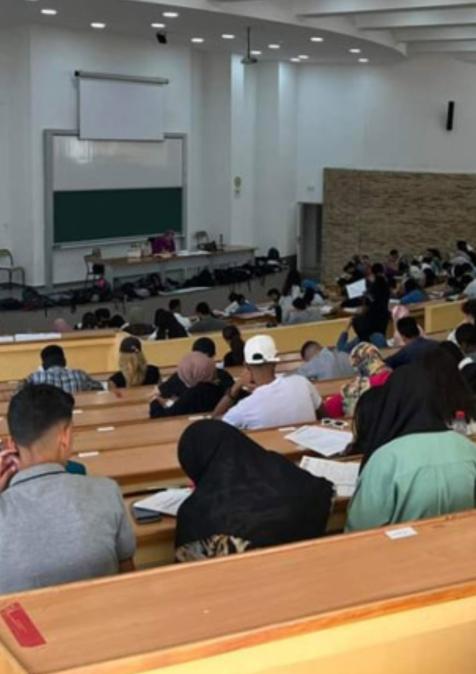Podcasts
A Sustainable Brain Drain?
Within professional and academic circles, the idea of "brain drain" has long been a topic of discussion, generating arguments from a variety of angles.
In essence, it describes the movement of highly qualified people from underdeveloped to developed areas. Initially, the countries affected by this occurrence were thought to have lost out on important information and experience. While some studies contend that brain drain severely impedes the development of the nations of origin, others suggest that its impacts might not be as bad as previously thought, citing possible advantages including more investment in education.
With insights from our speakers, we will be delving into the complex processes of brain drain in this episode. Helen Dempster, the Deputy Director and Policy Fellow at the Center for Global Development's Migration, Displacement, and Humanitarian Policy Program; David Lelu, a legal expert specializing in migration at the IOM Regional Office for West and Central Africa; and Professor Adams Bodomo, an authority in African Linguistics and Literatures at the University of Vienna.











